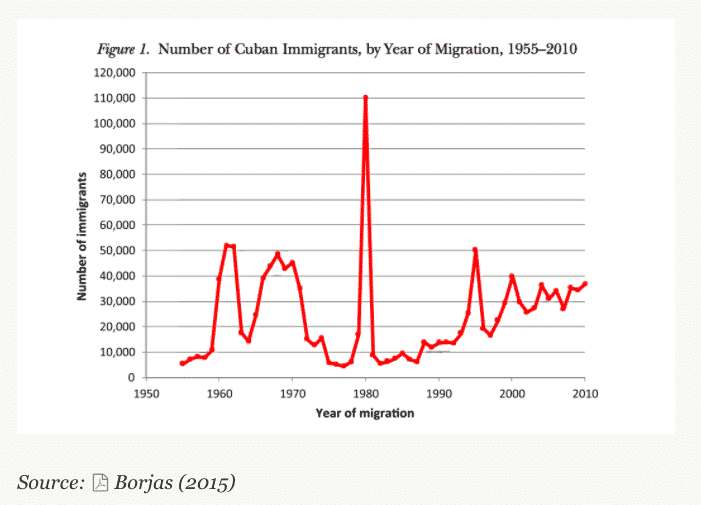by Renuka Sornarajah
If you ever wondered whatever happened to Roman and Greek religions or asked yourself why so many exquisite statues of that era are disfigured, you must read this book.
The author, Catherine Nixey, is a journalist at The Times and studied Classics at Cambridge describes the vandalism that took place between the mid AD 380s and AD 532 as Christianity grew to become the dominant religion. Christianity’s triumph is usually explained as ‘inevitable’, but as this book makes clear, it was not simply because the Roman empire was weakened by forces beyond its control. The book reveals the zeal of those espousing Christian teachings, their strategy and their willingness to harness their followers including monks, who were given a licence to destroy. Christians were told that they would reap the benefits in heaven if they became martyrs to the cause of destroying the existing beliefs. She writes with passion and tells a story which has thus far been suppressed, or at best ignored.
The book begins in AD 532 when Damascius and six members of the Academy, the most famous philosophical school in Athens, abandoned the school and the city and went into exile. The Academy had been in existence for over one thousand years, but draconian laws, destruction of temples and book burnings had crushed the followers of Greek and Roman religions. Damascius and his companions came to realise that there was no place for philosophers in the Roman Empire. The Christian Emperor Constantine and his successors had effectively destroyed a culture and a religion which had given strength to its followers, celebrated pluralism and led to the flowering of a civilization which incorporated gods, ideas and philosophies from the Mediterranean world and beyond.

